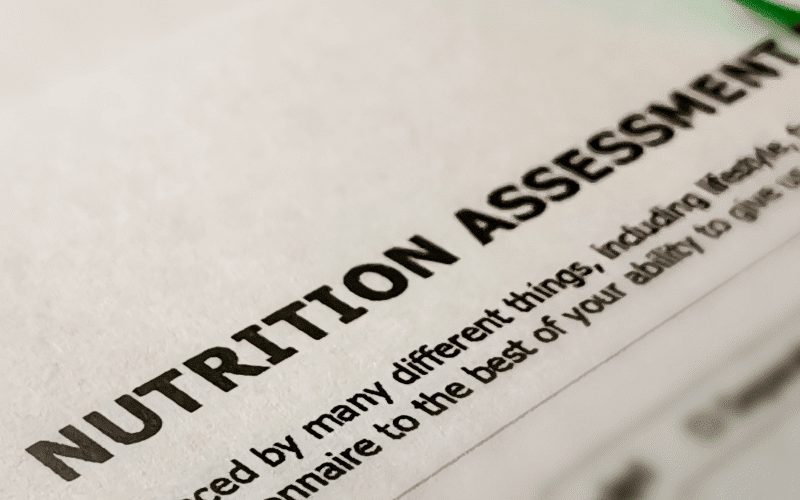Fact 11: The Influence of Nutritional Deficiencies on Alcohol-Related Dementia

People who indulge in heavy, prolonged alcohol consumption often suffer from nutritional deficiencies, particularly a lack of thiamine (vitamin B1). Thiamine is crucial for brain function, and its deficiency can contribute to the development of alcohol-related dementia.
Heavy drinkers often have poor diets, which can result in inadequate thiamine intake. Additionally, alcohol interferes with thiamine absorption in the gut and its utilization in the body, which can lead to deficiency even if the dietary intake is adequate.
The brain is particularly vulnerable to thiamine deficiency. Thiamine is essential for energy metabolism in the brain. Its deficiency can cause brain cells to malfunction, leading to the cognitive impairments seen in ARD. Wernicke-Korsakoff syndrome, a specific type of ARD, is directly linked to thiamine deficiency. (11)